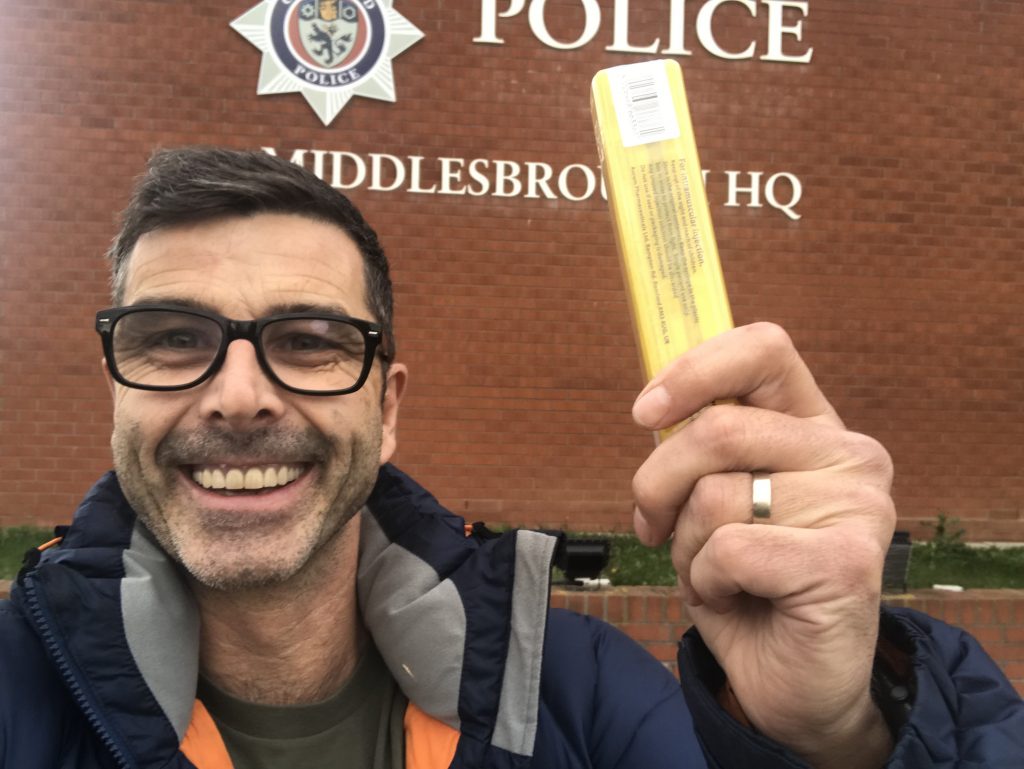A new peer led service aimed at saving the lives of some of Cleveland’s most vulnerable individuals is taking to the streets following support from the Police and Crime Commissioner.

The Peer to Peer Naloxone Training & Supply Project will see individuals with direct lived experience of addiction, engaging with drug users on the streets of Middlesbrough and providing them with potentially life-saving naloxone kits that can reverse the effects of an overdose.
The OPCC has agreed a £20,000 grant to fund the project which will be delivered by the UK’s first peer led Harm Reduction Union based at Foundations medical practice, Middlesbrough.
Home Office guidance in 2015 paved the way for substance misuse services, including Foundations, to issue naloxone kits to people who take drugs.
However, there are still many drug users who do not access treatment services and are at a greater risk of drug related death due to this lack of contact with health care professionals and support services.
Now the HRU’s innovative Peer to Peer Naloxone Project will address that gap through a group of volunteers with lived and living experience of addiction who will go out into the community and distribute Naloxone kits to those who need it most.
The team will receive training and be issued with uniforms, their shared life experience is seen as crucial in establishing contact and trust with people who use drugs across Middlesbrough. As well as supplying the kits, the project team can advise users on support services and will be undertaking a drug litter collection project as part of their work. The HRU peers will also clear up discarded needles and other paraphernalia they come across.
The public will benefit through reduction in drug related litter in communities and – with police and ambulance usually the first responders to deal with drug deaths – any reduction will see a saving in costs to public services.
Cleveland’s Acting PCC Lisa Oldroyd said: “This is a further example of Cleveland looking to innovative ways of reversing the appalling impact drugs have on our communities, saving lives and reducing the demand on our policing and health services
“It aligns with the priorities of the Police and Crime Plan to reduce offending, making Cleveland a safer place and securing the future of our communities.”
The Foundations Harm Reduction Union project will be led by George Charlton who will act as a mentor and train and supervise the team. A former drugs user himself, Mr Charlton trained as a counsellor in 2003 and set up his own social enterprise which supports people who use drugs and their families to develop and deliver services to meet the needs of people who use drugs.
His commitment to helping those with addictions has been recognised with a UK Skills National Training Award.
“Once you stop seeing a person’s drug use as a barrier to involvement, you start to see how they have life experiences and qualities that can benefit society” said George.
“Volunteers will be fully trained before going out onto the streets to engage with people who use drugs and are not currently accessing services.
“As well as distributing naloxone kits and collecting drugs paraphernalia off the streets, the Naloxone Peers will hold open conversations with those they meet about the value of drug treatment and signpost into support services across Middlesbrough.”
Mr Charlton added that the Foundations HRU project will see its volunteers become part of an innovative ‘street degree’ programme enabling Harm Reduction Volunteers to gain nationally recognised qualifications linked to their outreach work.
The street degree program will be affiliated to universities and colleges which will assist the peers to develop the transferable skills required for the role.
